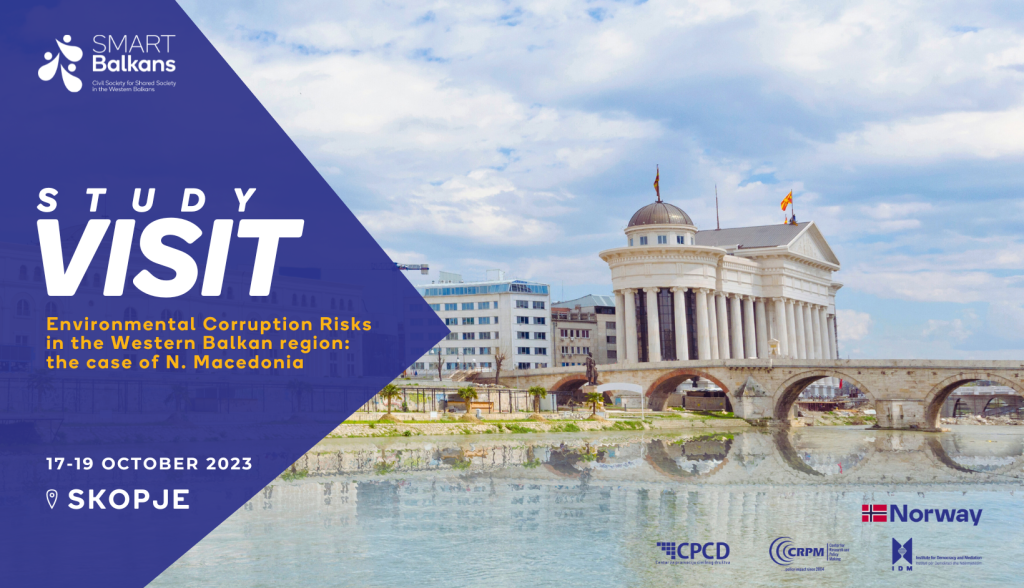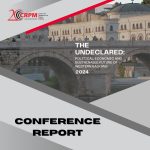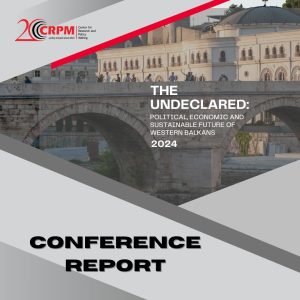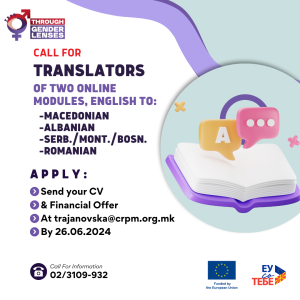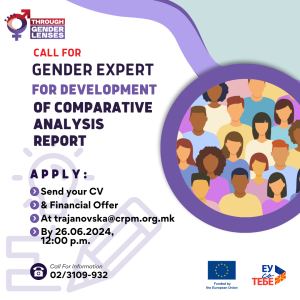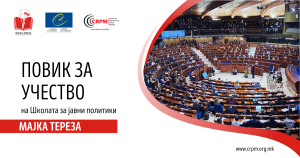Background
As part of the SMART Balkans project, study visits are envisaged as activities for the exchange of best practices and experiences in achieving results and making an impact on society. These visits will ultimately contribute to building strategic partnerships between CSOs themselves and between CSOs and state institutions at the state and local levels. To that end, project partners within SMART Balkans will organize three study visits, starting from year 2 of the project lifecycle.
Basic Info
The first study visit will take place in Skopje, N. Macedonia and it will be organized by the SMART Balkans project implementing partner, the Center for Research and Policy Making (CRPM).
The study visit will be organized in 3 days: October, 17th 2023 – October 19th 2023
The topic of the study visit will be “Environmental Corruption Risks in the Western Balkan region – the case of N. Macedonia”.
The participants in the study visit are representatives of the civil society organizations working in the area of corruption and/or environment or preferably tackling the issues of environmental corruption from each of the 6 beneficiary countries of SMART Balkans project. The selection of the organizations will be made by the project partners for the countries they are responsible for. The contacts will be shared with the CRPM PMT as organizer of the activity. To this group of selected representatives of CSOs will join three SMART Balkans PMTs from the three partner organizations.
Why the proposed topic?
Corruption in the environment is a significant issue in the Western Balkans region. Corruption in the environmental sector in this region can manifest in various ways and has serious consequences for both the environment and society. The fight against corruption in the environment in the Western Balkans faces several significant challenges that can hinder progress and make it difficult to achieve meaningful results. Some of the main challenges include:
- Deep-Rooted Corruption Culture
- Lack of Political Will
- Weak Legal Frameworks
- Limited Enforcement and Resources
- Nepotism and Patronage
- Judicial Independence
- Fragmented Regulatory Environment
- Transparency and Access to Information
- Economic Interests
- Civil Society and Media Constraints
Addressing these challenges requires a comprehensive and multi-faceted approach, including legislative reforms, capacity building, public awareness campaigns, and international support. The involvement of civil society, the media, and international organizations is crucial in pushing for transparency, accountability, and meaningful change in the fight against corruption in the environmental sector in the Western Balkans. Therefore, the tasks of this study visit is to stimulate exchange of best practices and experiences in the area of fight against corruption in the environment and specially to facilitate partnerships in making greater impact in the societies by combining resources regionally.

